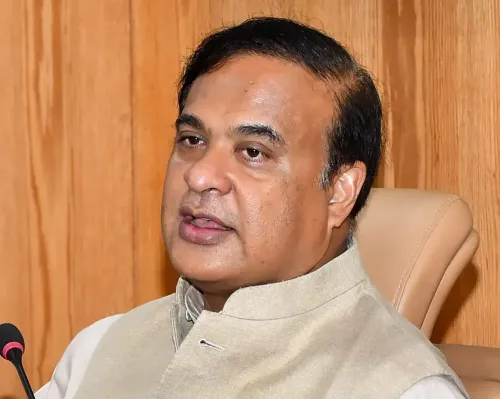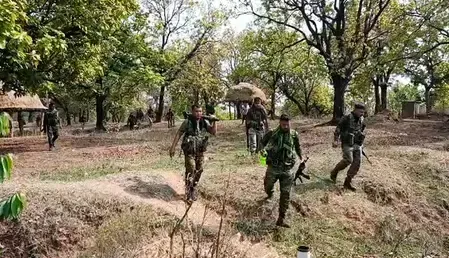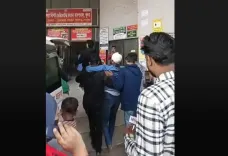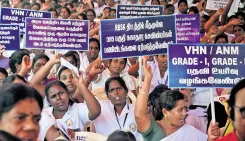What Caused the Interstate Taxi Dispute Leaving Tourists Stranded at the Assam-Meghalaya Border?
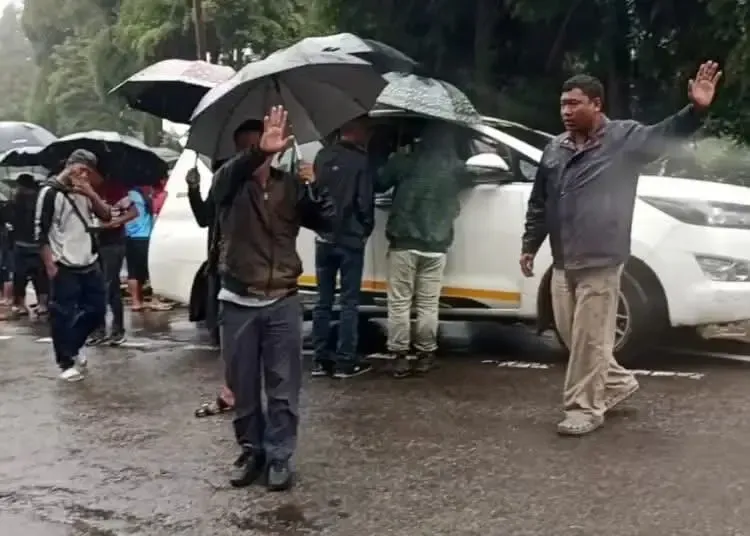
Synopsis
Key Takeaways
- Disruption of cross-border travel has left many tourists stranded.
- Conflict initiated by taxi operators to protect local interests.
- Calls for government intervention to resolve the standoff and restore order.
- Impact on local tourism and livelihoods could be severe if the situation persists.
- Escalating tensions highlight the need for dialogue between states.
Guwahati, Sep 18 (NationPress) A conflict between taxi operators from Assam and Meghalaya escalated dramatically on Thursday, severely disrupting cross-border travel and leaving hundreds of passengers, including tourists, stranded at Jorabat, the crucial entry point between these two northeastern states.
The dispute began earlier this week when the All Khasi Meghalaya Tourist Taxi Association (AKMTTA) started blocking Assam-registered vehicles from accessing Shillong and other destinations.
The association claimed that the uncontrolled influx of Assam-based taxis was affecting the income of local drivers and urged the state government to enforce a Reciprocal Transport Agreement along with a revised tourism transport policy.
In response, Assam's transport unions initiated a counter-protest, preventing Meghalaya-registered taxis from picking up passengers at Guwahati Railway Station and Lokpriya Gopinath Bordoloi International Airport.
On Thursday, the protest escalated at Jorabat, resulting in a traffic jam at the interstate border and significantly hindering commuter movement.
The situation took a political twist when former Meghalaya Education Minister Rakkam A. Sangma was stopped by protesters.
He was later escorted through the blockade by Assam Police.
Former Meghalaya Tourism Minister Paul Lyngdoh cautioned that ongoing unrest could devastate the tourism industry, urging the AKMTTA to engage in direct discussions with their Assam counterparts.
"Tourism is the backbone of Meghalaya's economy, and lasting blockades will harm livelihoods on both sides," he stated.
The Meghalaya Tourism Development Forum and the state government also voiced their concerns, warning that the ongoing standoff threatens to disrupt the upcoming tourist season.
Assam's taxi unions, in turn, have hardened their position, signaling a full boycott of Meghalaya-registered taxis if the restrictions continue.
One union leader remarked, "We will escalate our protests unless there is equal operating rights."
This escalating conflict has thrown travel arrangements into disarray, with numerous tourist groups forced to cancel their plans.
With tensions rising and no resolution in sight, stakeholders worry that the stalemate could develop into a prolonged crisis unless both state governments quickly step in to facilitate a resolution.




